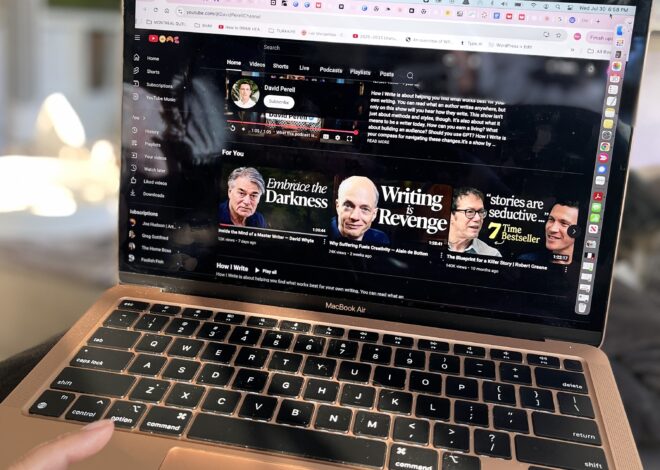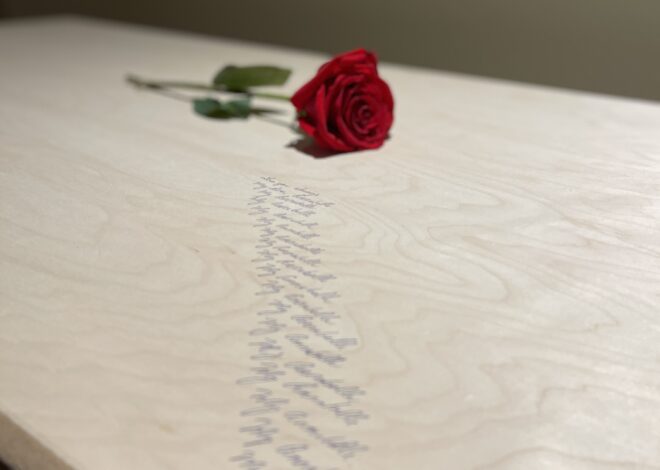
The Sacred Act of Saying Yes to Yourself
I have been watching myself in friendships lately. More precisely, I have been watching what they cost me.
The awareness arrived like dawn: gradual, then sudden. In the space between conversations, I began to notice the exhaustion. How I left interactions feeling hollowed out. How I said yes when everything in me whispered no. How I performed care like a trained dancer, forgetting I had ever known how to simply be.
The pattern had roots that reached deep into childhood soil.
I was seven when I first became my mother’s confidante. She would sit on the edge of my bed, her voice heavy with secrets too large for a child to hold. But I held them anyway. I learned to read her moods like weather, to offer my presence as sanctuary. Without knowing it, I was learning that love meant disappearing into someone else’s need.
This became my blueprint for belonging.
In every friendship that followed, I arrived with the same offering: myself as emotional harbour. I believed that if I could just be useful enough, available enough, selfless enough, I would earn my place. I confused depletion with devotion. I mistook being needed for being loved.
But need and love speak entirely different languages.
The realization crystallized during a seemingly ordinary exchange. A friend texted about my drawing class. I read it, felt nothing stir in response, and set my phone aside. This was the same friend who regularly sent me small tasks that felt unnecessary. Recommendations I hadn’t asked for. Problems that weren’t urgent. A constant stream of requests that seemed designed to keep me tethered to her needs.
She was also consistently negative. About herself, about other people, and I suspected about me when my back was turned. Every conversation felt like walking through a field of thorns.
Later came the follow-up: “Never heard back from you.”
In those five words, I heard the familiar sound of a door closing. The message beneath the message: You owe me your attention. Your silence is selfishness.
I recognized the trap I had been setting for myself for decades. That unanswered text became a quiet weapon, turned inward. It suggested I wasn’t enough, or perhaps something more honest: a reminder that I no longer wanted to be tethered. Their silence gave me permission to let go. Every boundary I considered felt like betrayal. I had been living in a prison of my own making, and the bars were made of other people’s expectations.
The friend who sends her small emergencies like breadcrumbs, leading me deeper into her forest of need. The one who texts only when her life feels unbearable, reaching for mine like a life raft. Each request appears innocent, but together they form a weight I can no longer carry.
I think of another friend who offered to help pack my mother’s house while I grieved. Her words sounded like compassion, but I felt something else beneath them. A hunger. She wanted to escape into my pain because it felt more manageable than her own. I needed solitude to metabolize my loss, but she needed rescue from her emptiness.
This is the difference between support and symbiosis. One nourishes; the other consumes.
I am learning to distinguish between friends who see me and those who see through me. Between those who love my wholeness and those who love my usefulness. Between connection and consumption.
The drawing class has become my teacher. Each Tuesday, I sit with pencil and paper, learning to see what is actually there instead of what I think should be. The apple is not perfect, but it is true. The shadow falls where it falls, not where I wish it would.
This is the practice I am bringing to everything now: seeing clearly, responding authentically, staying present to what is real rather than what is expected.
In the quiet space I have created, I am remembering who I was before I learned to shrink myself into someone else’s idea of useful. I am remembering that my worth does not depend on my availability. That boundaries are not walls but doorways to deeper connection. I claim my responsibility in this too, it was all a performance, the quietness, the playing small so I can get my needs met.
The child who became her mother’s therapist is healing. The woman who performed for love is learning to receive it. The friend who gave until empty is discovering that fullness is not selfishness but necessity.
I am no longer interested in relationships that require me to be less than I am. I want connections that celebrate my wholeness, not my hollowness. I want friends who love my presence, not my service. I want to belong to myself first, so I can choose how to belong to others.
This is what I am learning: that saying no is not the opposite of love. It is love’s most honest expression.
The quiet courage of saying no is really the sacred act of saying yes to yourself.
This reflection represents personal insights and is intended for contemplative purposes. For professional guidance regarding relationship challenges, please consult a qualified therapist or counsellor.



